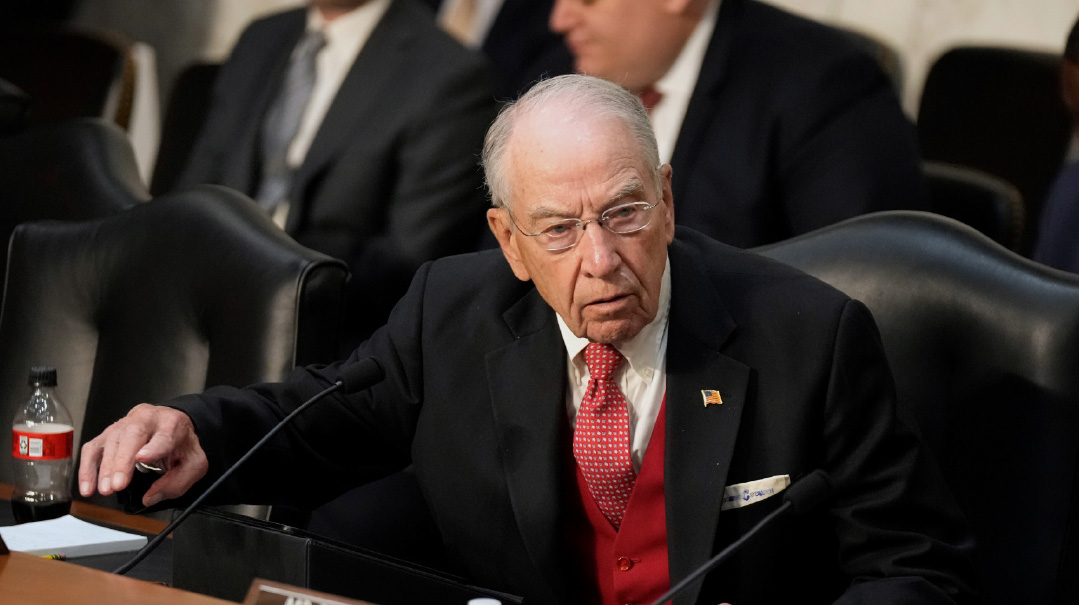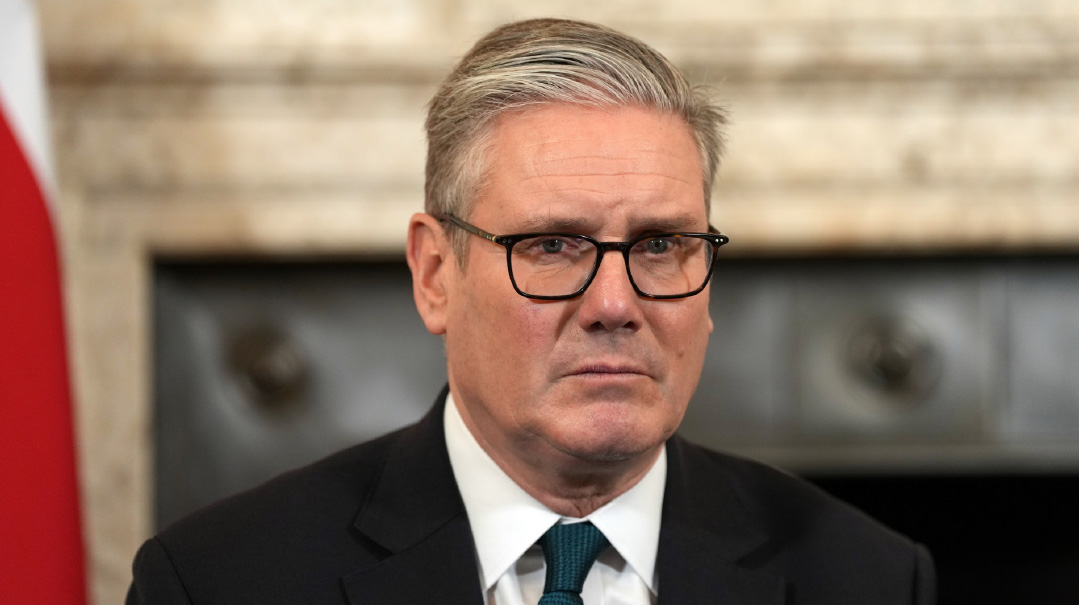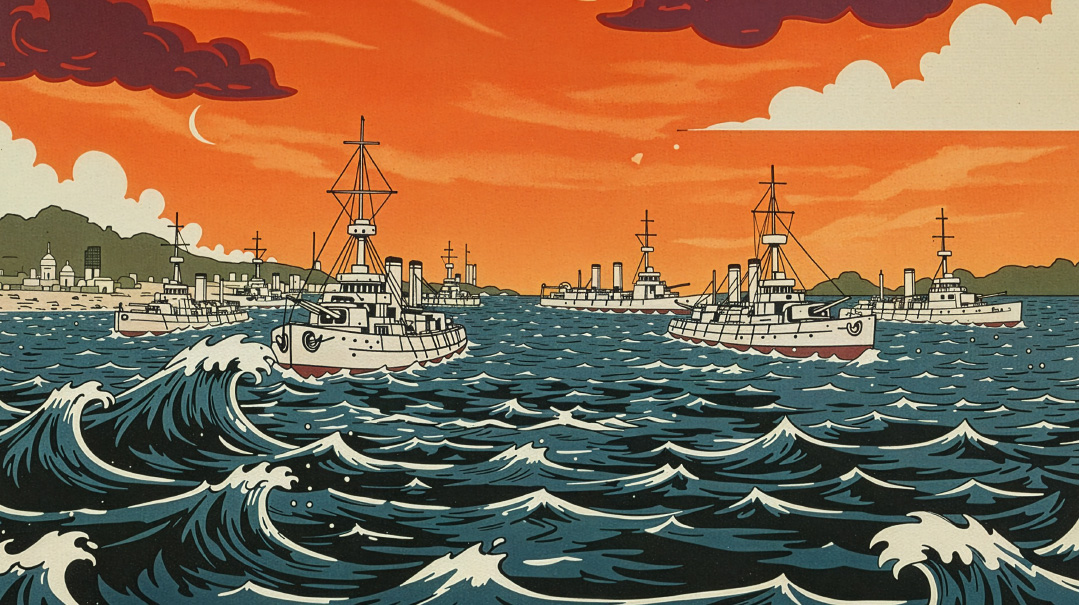Venezuela’s Darkest Hours

One way to understand the present situation in Venezuela is to trace the life of this article.
When first contacted on Wednesday, members of the Jewish community, including leading rabbis, openly spoke to Mishpacha about the political chaos engulfing their country. But days after sharing their thoughts, every single one of them called back and asked that their names be removed. “Use another name, but please don’t mention me or the synagogue,” begged one of the rabbis. One thing is clear: the fear of President Nicolás Maduro’s regime is now palpable in the streets of Venezuela.
With a country-wide electrical outage that lasted for more than 72 hours, the imprisonment of a well-known journalist, and the pullout of the US diplomatic representatives from the country, Venezuela’s 6,000 Jews endured their toughest week since last January when the political crisis erupted.
“We were living in our bubble, but this week the situation collapsed,” explained Gregorio (name changed by request) from Caracas, Venezuela’s capital city. “We got used to the economic erosion, but in the last days, with no light, and then with no water, chaos broke out.”
“Basically, there are two Venezuelas,” said David (name also changed). “We Jews, in general, enjoy a good standard of living [in Venezuela]. I go to synagogue every day and don’t feel directly affected by the crisis. It’s true that we might have to pay a little bit extra to buy basic goods, but we can afford it. But now we cannot deny that 30 percent of the country is starving on the streets. This week, the government showed that, even with all the money they earn from the oil business, it has done nothing to improve basic services.”
Even though the political situation in Venezuela has been unstable over the last few years, the situation escalated on January 23. That day, the president of the National Assembly, Juan Guaidó, declared himself interim president, openly challenging President Nicolás Maduro, who was re-elected last May in a highly questionable process. Guaidó’s move was backed by over 50 countries, including the United States and many European nations, and resulted in Maduro accusing President Donald Trump of trying to encourage a coup d’état.
On Thursday, US Secretary of State Mike Pompeo ordered the removal of the last remaining American diplomats from Venezuela and, once again, Maduro accused the Trump administration of trying to boot him from office, this time by sabotaging the country’s power system in cahoots with Guaidó. As a punchline, prominent journalist and critic Luis Carlos Díaz was detained by the police for “inciting violence.” He was freed a day later, but authorities confiscated private material from his home.
“They imprisoned Díaz to spread fear, so that no one should even think of speaking against the government,” Gregorio explained. “They also use Goebbels’s politics by lying all the time. They are trying to stay in power at any cost, but no one here wants them. We want to work, to live in a free country.”
Gregorio provides an example: To do any kind of business, you have to bribe the inspectors. If you don’t, they threaten to send you to jail, even if you are doing something completely legal. And if you have a successful business, they expropriate it, and then give it to those with government connections.
One of the main rabbis of the chareidi community in Caracas, who asked to remain anonymous, said that even though the country was suffering, Jews should distance themselves from political activity as much as possible. “We must not get involved in those issues,” he said. “We’ve never had a problem practicing Judaism here, and the truth is that there is no anti-Semitism in Venezuela, as opposed to what is going on in Europe.” He added that the crisis has also proved the mettle of his community. Though it is summer in Venezuela, people have continued to come to shul even though there is no light and no air conditioning.
When asked how he regards opposition leader Juan Guaidó, the rabbi stressed that the community must follow the words of Chazal and pray for whomever occupies the president’s office. “That’s why, last Yom Kippur, we made a Mi Shebeirach for President Maduro and prayed that he should have long days. He is our president, and we must have the emunah that Hashem sends us what is best for us.”
Once one of the biggest Jewish communities in South America, Venezuela’s Jewish population has now dwindled to 6,000. That’s just a sample of a bigger picture: According to the United Nations, there are more than 3 million refugees and migrants from Venezuela throughout the world.
One of Gregorio’s sons is a yungerman in Bnei Brak, and even though he misses him, he has advised him to stay away from Caracas for now. “These are hard days for the youth,” he said. “We don’t know yet how things are going to develop, and right now it’s very difficult to imagine starting a life here,” he said.
The rabbi from Caracas said that people are constantly him asking whether they should leave the country for Miami, Panama, or Israel. In most cases, his answer is that it depends on parnassah.
“I wouldn’t recommend someone staying here if he is having financial difficulties, but to those who have their businesses running, I wouldn’t tell them to leave. Even though it might sound hard to believe for those outside Caracas, the truth is that our community has great chinuch — we have yeshivahs and schools for girls. In fact, I constantly meet Venezuelans who have left the country for Mexico, Panama, or the United States who say they miss our kehillah.”
Like everyone else, the Jews of Venezuela are waiting to see what will happen to their country. The rabbi in Caracas had a parting thought: “I’d like all the Venezuelans to daven for us, so that everything should conclude in the best way possible, and that the people who have left should come back to their kehillah, to their country, to their home, to their family, to the Venezuelan community.”
(Originally featured in Mishpacha, Issue 753)
Oops! We could not locate your form.













